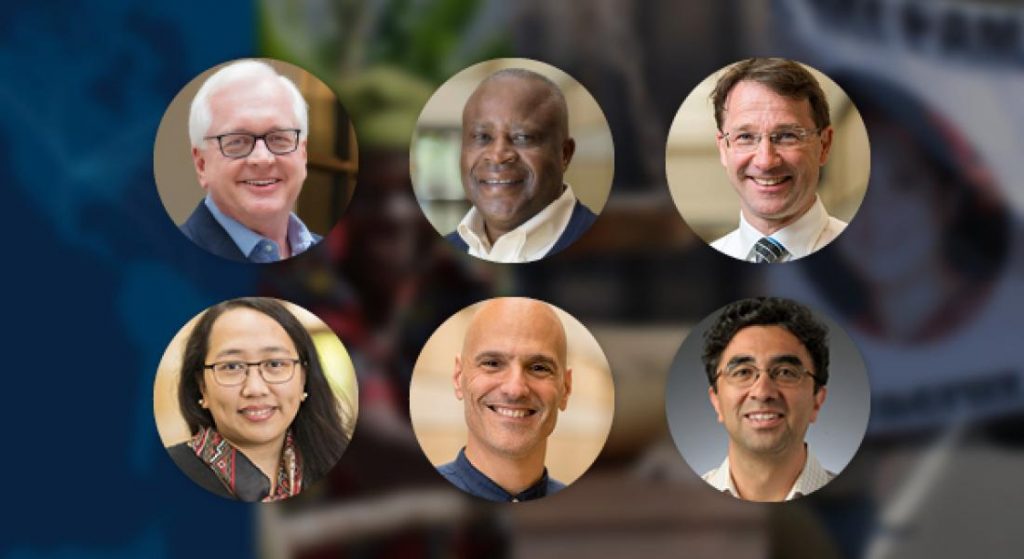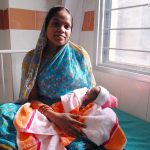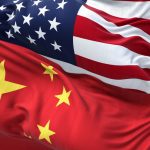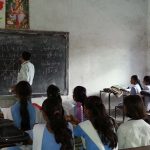An institute within the Keough School is launching a major new effort that supports high-impact, high-yield research intended to have a tangible influence on policies and practices affecting democracy and human development.
The Kellogg Institute for International Studies’ Policy and Practice Research Labs intentionally bridge the worlds of research and policy while maintaining a focus on rigorous scholarly inquiry.
“We want to produce something that will make a difference in the way that policymakers act, in addition to generating the peer-reviewed books and articles that advance academic exchange,” Kellogg Institute Director Paolo Carozza said.
The lab program’s goal of influencing policy supports the mandate of the Keough School: to promote integral human development through research and global engagement.
Carozza said that as Kellogg’s role within the Keough School has become more defined, “the labs seemed like a natural and fitting way to achieve our goal of producing faculty work that will impact policy.”
If they’re successful, they’re going to change the underlying reality of the field.
Kellogg is funding four initiatives through the program that address critical issues in human development, economics, law, and human rights. They are:
- The Integral Human Development Research Lab, led by Clemens Sedmak and Emmanuel Katongole. The IHD Research Lab will collect and generate evidence about ways of implementing integral human development, an emerging concept that emphasizes holistic human development and the promotion of individual dignity. Sedmak is a professor of social ethics in the Keough School and an advisor in Catholic social tradition in the Center for Social Concerns. Katongole, a Catholic priest, is a professor of theology and peace studies.
- The Initiative on International Economic Integration, led by Jeffrey Bergstrand, a professor of finance in the Mendoza College of Business and a concurrent professor of economics in the Keough School. The initiative will develop a framework and process for influencing trade policy and restoring trade liberalization through new agreements.
- The Notre Dame Reparations Design and Compliance Lab. Led by Diane Desierto and Aníbal Pérez-Liñán, the Reparations Lab asks: Under what conditions do states comply with orders of international tribunals in cases involving human rights? The project will analyze, from an interdisciplinary perspective, issues surrounding current compliance as well as the future design of human rights reparations measures. Desierto, associate professor of human rights law and global affairs, specializes in international law, and Pérez-Liñán, a professor of political science and global affairs, studies democratization. The initiative is jointly supported by the Klau Center for Civil and Human Rights, also part of the Keough School.
- The Notre Dame Transitional Justice Lab, led by Guillermo Trejo, an associate professor of political science who studies political and criminal violence and transitional justice in Latin America. The Transitional Justice lab will focus on rethinking, documenting, and explaining large-scale political and criminal violence and civilian victimization in four Latin American countries. It will partner with human rights nongovernmental organizations to accompany victims and their families in their search for truth, justice, reparations, and institutional reforms.
Carozza noted the relevance of the initiatives, which address the Kellogg Institute’s core research themes of democracy and human development.
“All of them are responding to very concrete, timely, urgent problems and issues,” he said. “All of them, in addressing these issues, are doing so in ways that creatively use sophisticated social science research methods.”
“If they’re successful,” Carozza added, “then they’re going to be changing the field. Not just the way we talk about the field in our scholarly work, but the underlying reality of the field itself.” For instance, he said, Bergstrand’s work could lead to a shift in the way future trade agreements are negotiated and accepted.
The labs go a step beyond basic research by disseminating knowledge to end users outside of the academic arena.
According to Bergstrand, Kellogg faculty grants have historically supported conventional research aimed at influencing an academic audience and producing scholarly publications. But Kellogg’s mission and goals have evolved – particularly since becoming part of the Keough School – to incorporate a more explicit focus on addressing policy.
That gives faculty whose work, like his, naturally spills into policy settings the opportunity to have a broader impact.
“My lab grant from Kellogg supports my participating more actively in the long-term design of international trade policies,” Bergstrand said.
Pérez-Liñán noted that the labs “offer a unique environment to integrate the work of faculty, undergraduates, law, Master of Global Affairs students, and doctoral candidates.”
The Policy and Practice Research Labs differ from Kellogg’s research clusters, which receive three-year grants for interdisciplinary study on issues such as democratization theory and international education.
Unlike the research clusters, which are typically led by a group of principal investigators and have a multifaceted research agenda, the labs are led by one or two faculty fellows and are more targeted in their focus.
“The labs go a step beyond basic research by disseminating knowledge to end users outside of the academic arena and partnering with international actors to help improve practices,” Carozza said. He noted that the labs provide a venue for faculty fellows whose work is policy-oriented and doesn’t explicitly fit into the mold of the research clusters.
“The nature of the research questions they were asking lent itself to a different kind of output and impact,” he said.
Originally published at kellogg.nd.edu.



